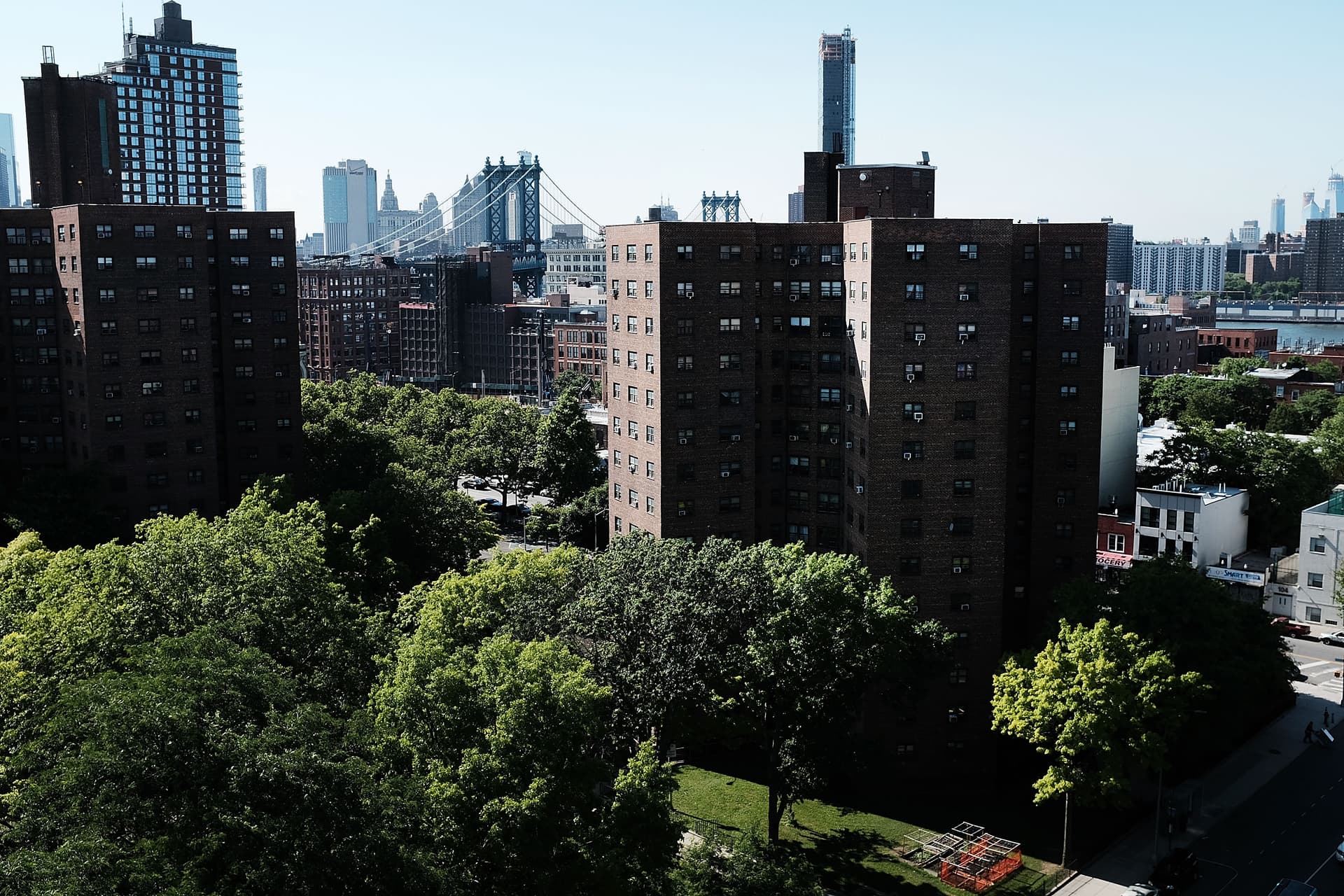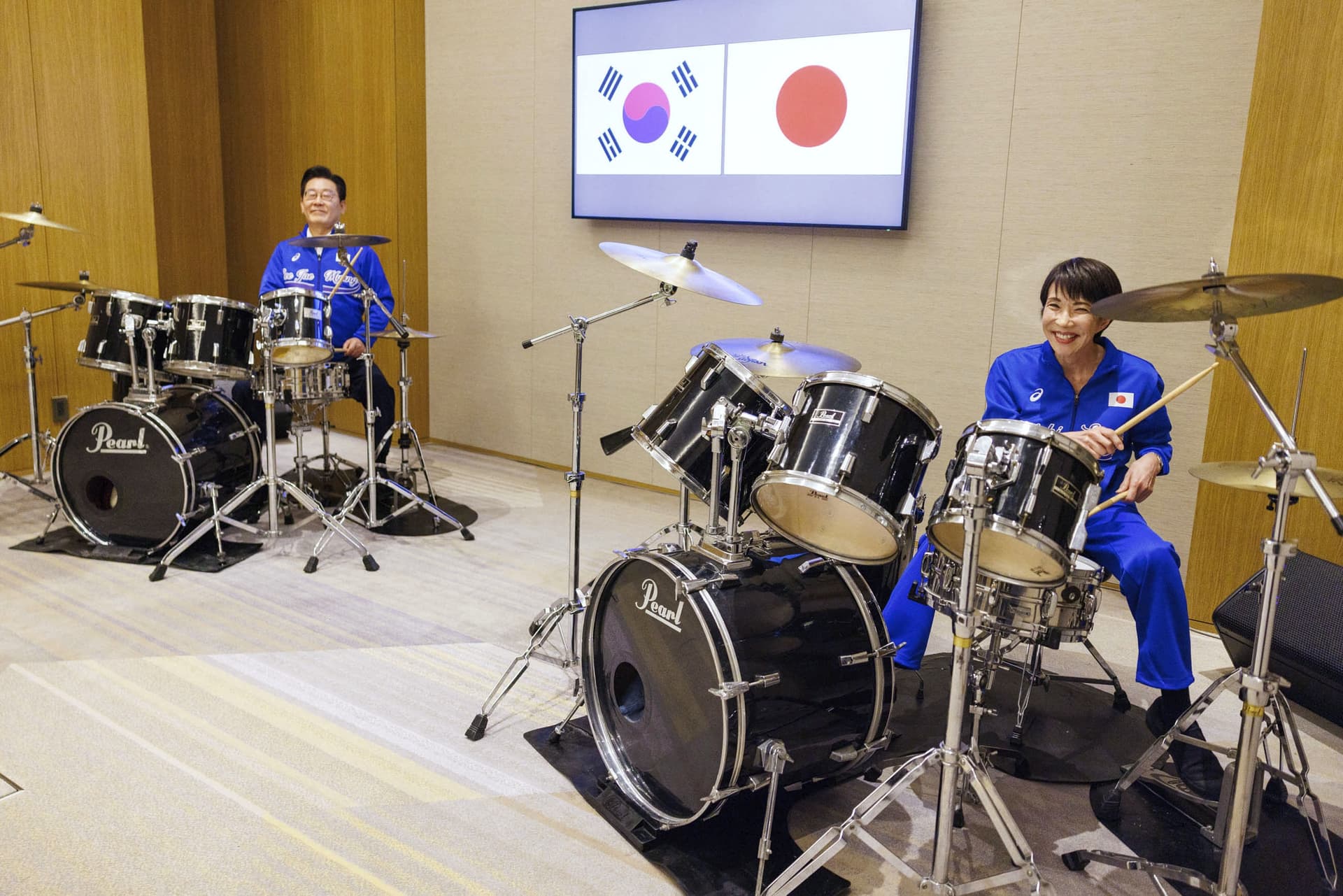
Cincinnati Considers Marijuana Tax To Fund Reparations Program for Residents in Predominately Black Neighborhoods
By LUKE FUNK
|The BBC has been grappling with the fallout of its recent documentary on Gaza after it came out that the teenage narrator is the son of a senior official.

Already have a subscription? Sign in to continue reading

By LUKE FUNK
|
By LUKE FUNK
|
$0.01/day for 60 days
Cancel anytime
By continuing you agree to our Privacy Policy and Terms of Service.
By NEWT GINGRICH
|